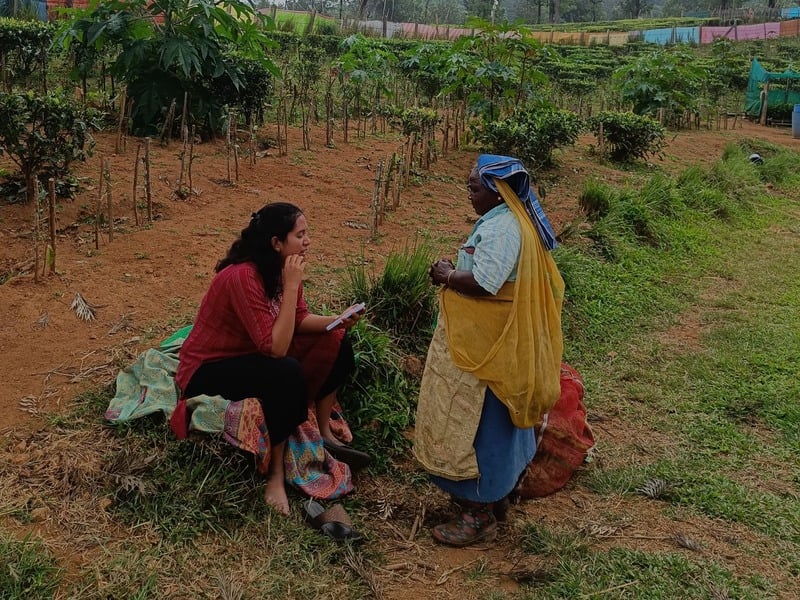Aggrey S. Semeere, M.B., Ch.B, M.Med, M.A.S, is a Clinical Research Fellow at the Infectious Diseases Institute (IDI), Makerere University College of Health Sciences in Kampala, Uganda. Dr. Semeere is a certified Internal Medicine physician in Uganda and a graduate of the Advanced Training in Clinical Research program at the University of California, San Francisco (UCSF) as a beneficiary of an NIH funded D43 training grant program. He was also a recipient of the NIH Fogarty Clinical Research Scholar (FICRS) award in 2010, tenured at IDI. Dr. Semeere has previously worked with various clinical HIV research programs in Uganda, over time developing interest in the epidemiology of chronic disease complications and comorbidities (especially cancer and cardiovascular disease) associated with HIV infection and its attendant therapy. More recently, using HIV clinic databases from Sub Saharan Africa, he is working to provide key epidemiologic information concerning HIV related chronic disease complications and comorbidities. Specifically, he is implementing projects to describe the epidemiology of Kaposi's sarcoma (KS) in the antiretroviral therapy era using the NIH-sponsored International Epidemiologic Database to Evaluate AIDS (IeDEA) consortium databases in Sub-Saharan Africa.
Project
Kaposi's Sarcoma Survival in sub-Saharan Africa in the Antiretroviral Therapy Era
Dr Semeere's GloCal project will focus on evaluating survival after a diagnosis of Kaposi's sarcoma (KS) among adult HIV infected patients in sub-Saharan Africa. While data from resource-rich settings have shown substantial improvement in survival among patients with KS since the availability of antiretroviral therapy, little is known about KS survival in the resource-limited settings where majority of the KS is found, especially now that ART is more available. Moreover, the few available estimates are unreliable since they are plagued by substantial losses to follow-up usually as high as 40%. In his project, Dr Semeere will examine over 1000 patients diagnosed with KS from all 4 African regions in the NIH-sponsored IeDEA consortium (East Africa, Central Africa, West Africa, and Southern Africa) to estimate KS survival in the antiretroviral therapy era, while addressing the key concern of loss to follow-up. Differences in survival will be evaluated by region, mode of clinical presentation, and calendar date. Finally, he shall also evaluate the reasons why patients with KS in sub-Saharan Africa become lost to follow-up across the regions.
Mentors: Dr. Jeffrey Martin (UCSF), Dr. Andrew Kambugu (MaKCHS), Dr. Elvin Geng (UCSF)
asemeere@gmail.com
